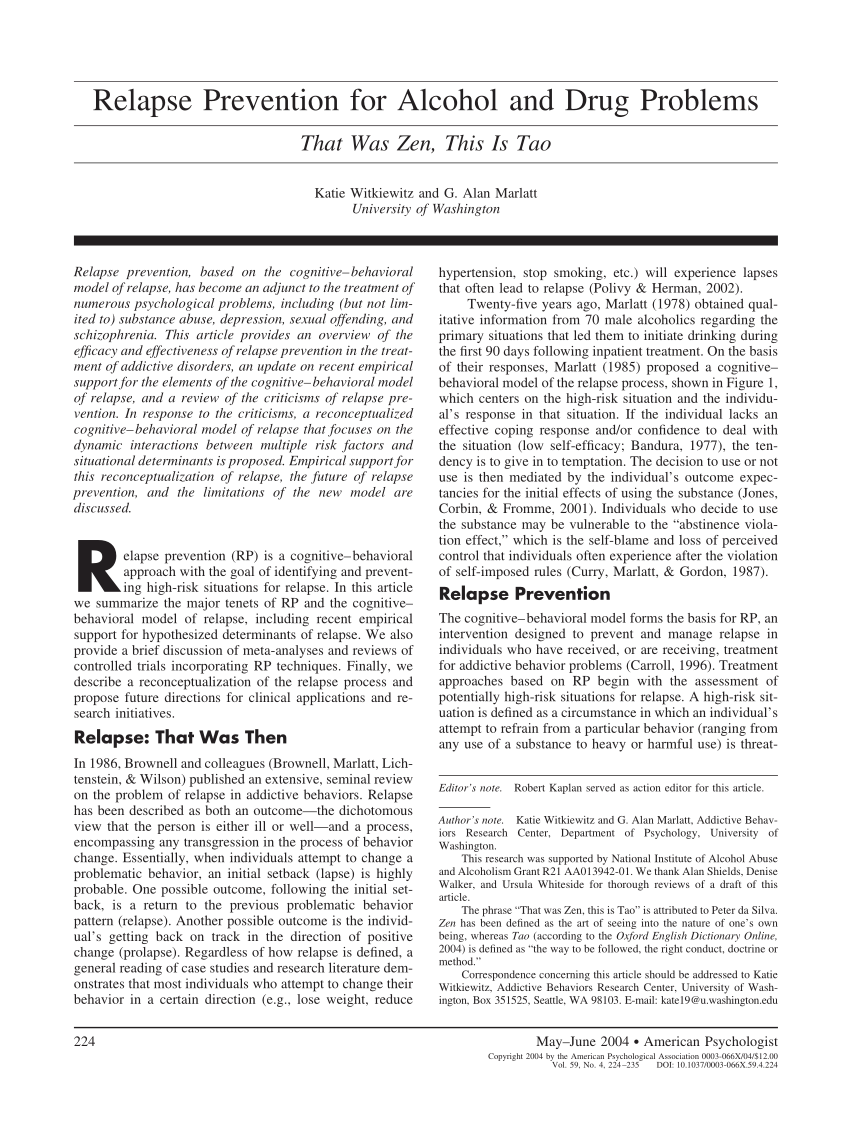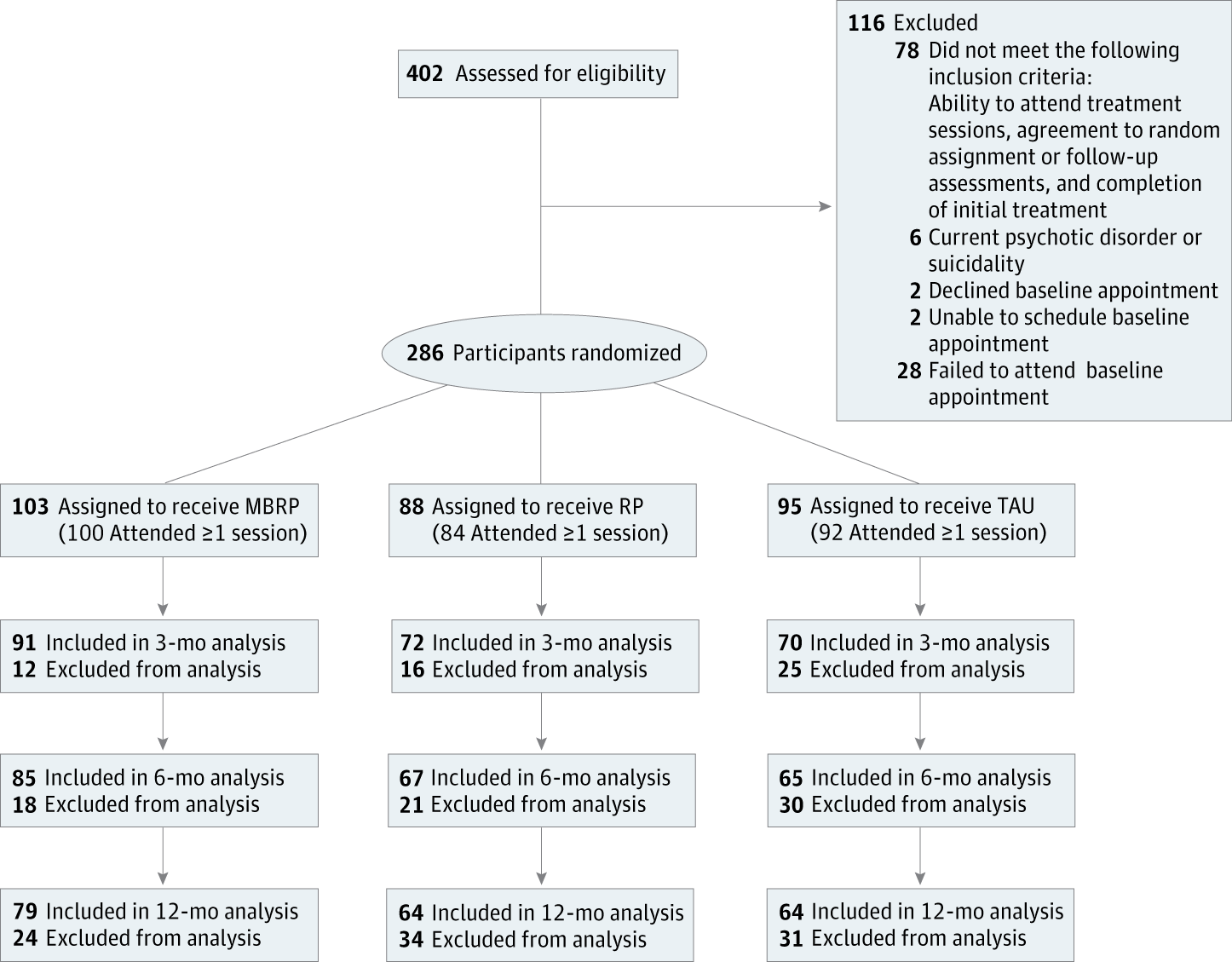Source? To my knowledge results are mixed (PTSD examples: 1, 2), but curious what led you to make such a strong statement.
(1)
Error - Cookies Turned Off
(2)
Ecological momentary assessment of PTSD symptoms and alcohol use in combat veterans - PubMed
A. Strap yourself in, it's a crazy ride. Gonna give you some names, but this is more of a rant than an academic treatise. Feel free to look up the names.
1) To start, my source for refutation is ANY ELEMENTARY SCHOOL SCIENCE BOOK THAT COVERS THE SCIENTIFIC METHOD.
a. Most academic is predicated upon the assumption that the people involved use the commonly accepted professional terms and methods of that field. For example, there is a defined meaning to the term "hypothesis", and the term "theory" and "scientific method".
b. Most academia would immediately refute works that do not use the accepted methods, terms, and literature, without explanations for deviations from professional standards. Most normal people also seem to demand such things, which is why we find humor in claims from QAnon, sovereign citizens, and that random guy in the bar who claims to have genitals the size of an elephant.
c. Confronted with a hypothesis that isn't a hypothesis, a lack of empirical supported, and a creator doesn't follow the scientific method, etc...... it is wise to accept the null hypothesis.
2) Formalized circa 1985, with some lead up articles starting in 1974, the self medication hypothesis (i.e., SMH) is presented as a
VERY VERY SPECIFIC HYPOTHESIS that has 2-3 components.
a. There is a CAUSAL relationship between affective/mental disorders and substance abuse.
b. The characteristics of the affective/mental disorder PREDICTS which substance will be used.
c. The individual's functioning would IMPROVE through the use of the substance.
It is important to note that this hypothesis is essentially an A/B design, with the added components of specificity of substance, and improved functioning. It is X disorder, caused abuse of Y substance which did not exist before, and not cause abuse of Z substance. Causation requires that Y use was not present before X disorder, just like in infectious disease stuff. And before you start talking about trait whatever blah blah blah, the SMH says that ADHD causes cocaine use, so ...NO.
This theory is NOT "My abuse of Y substance went into overdrive when I got X diagnosis.", nor is it "I got X symptoms and went on a polysubstance bender.".
History: So the SMH gets published in 85. People like Deykin and/or Dackis tested it, and showed that the onset of the affective/mental diagnosis had no relationship with the onset of substance use. Showed that the characteristics of the mental disorder did not predict which substance was used. Then people like Weiss and/or Morrisey showed that people will say they abuse substances because they are depressed, but that their self report is completely contradicted by years of medical records that show the SUD predated any mood complaints by years. (This is one of the starting points in the literature showing self report is HIGHLY unreliable. ) Then the epidemiology literature showed that polysubstance abuse is MUCH more common than abuse of one substance, which would contradict the specificity requirement of the SMH. And some experimental studies from authors like Castenda, Greene, Mueser, Schink, or Swenden who showed that there was no relationship between the type of mental/affective disorder and which substances used, that onset of substance use typically predated the onset of the affective/mental disorder, and that patients reported that the substance use actually made their symptoms worse. Not good enough for you?
THE ARCHITECT OF THE DSM-IV INDICATED THAT THE SMH IS MISGUIDED!!!!! Try coming back from that one!
Now most elementary school kids would accept the null hypothesis, or get more data, or give a completely different hypothesis for testing.
3) INSTEAD THE AUTHOR LITERALLY ADMITTED HE WAS WRONG IN 1997, "Diagnostic studies provide evidence that variously supports and fails to support a self-medication hypothesis of addictive disorders." AND HE THEN HE CHANGED THE SELF MEDICATION HYPOTHESIS!!!!!!!!! No, he didn't give a new hypothesis. He just changed the old one. Anyone else remember that part of elementary school science? Or that part of stats where Type I and II errors can be avoided by changing the hypothesis? No? Because that is NOT how hypotheses work.
So now the 2nd version of the SMH basically says the substance of choice is caused by the individual's current mood, and NOT the affective/mental disorder. Which essentially means the "self medication" is really just about mood state.
Some people decided to study the new SMH. Studies from people like Aharanovich, or Hodgins showed that state emotions had no relationship to which substance was used, and that affective state did not happen BEFORE onset of substance abuse. This even went on at the National Comorbidty Study. Ten YEARS of follow up showed that there was no relationship between the specific mental disorder and the specific substance of abuse; and that the onset of substance use had little relationship to the onset of mental disorder (e.g., breslau; Kessler, etc).
Must be the end of the story, right?
4) Not even joking, HE CHANGED THE SELF MEDICATION HYPOTHESIS A 3RD TIME!!!!!!! In 2003, the SMH essentially became "you know, there's this entire dual diagnosis thing. Since addictive disorders are caused by people trying to self medicate an underlying disorder, the substance use will disappear once you treat it." Now Mueser had already disproved that idea, and Brown disproved this idea like 15+ years before, but why stop now? People like Hall, or Nunes, showed that treating the the supposed underlying mental disorder does nothing to change substance abuse. Even on meta-analysis.
5) To be fair, there is another self medication theory based upon operant conditioning, published by Duncan around 1974. Interesting idea. However, he seemed to experience some difficulty in studying this idea AFTER HE WENT TO PRISON FOR KIDDIE PORN IN 1989.
6) In comparison, other theories have stronger evidence. Heritability of SUD is around 30-60% on monozygotic twin studies (e.g. ,Goldman, 2006ish). There seems to be some genetic vulnerability, and trait vulnerability, which interacts with the environment (e.g., Belcher, 2015ish; Read, 2014 ish; etc).
B. Now let's go to your citations:
1) In order to accept the works as supporting evidence, we would need them to:
a. study the subject of relevance,
b. use a methodology relevant to the subject of relevance.
2) They don't use any definitions consistent with the SMH, which means they're not studying the SMH.
a. The authors from your citations ignored the 1985 definition, and the 1997 definition, and then defined the SMH as, " ...the self-medication hypothesis, a causal model that postulates that individuals with PTSD are more prone to developing problematic drinking behaviors due to a tendency to drink to cope with negative internal experiences (Khantzian, 1997)". The VERY SAME 1997 paper defines the SMH as, " First and foremost, drugs of abuse relieve psychological suffering. Second, a person's preference for a particular drug involves some degree of psychopharmacological specificity. ". Kinda weird that the authors didn't reference the definition on the first page. Even weirder is that their definition ignores the specificity part of the SMH. Still weirder is that they reduced the SMH to problematic drinking in PTSD, when the 1997 article actually says alcohol and drugs. And even weirder that instead of using the SMH, they use Duncan's theory, which differs from the SMH, and fell into disfavor after Duncan went to prison for kiddie porn. Don’t they know what the SMH is?
b. The authors' method is essentially asking people if they drink to cope with PTSD, when the literature, over the last 30+ years, has shown this is an unreliable method.
c. There are no efforts to determine if the substance abuse or PTSD came first. As required by the SMH, and recommended by Allen Frances. And, you know... like the DSM requires....

 filtermag.org
filtermag.org

 www.vox.com
www.vox.com






